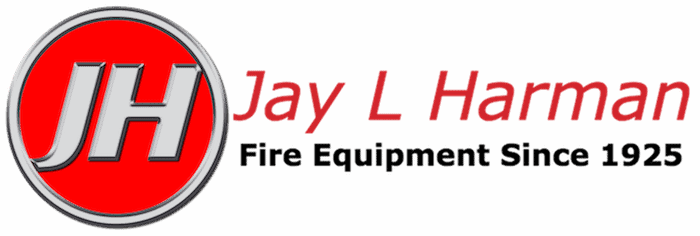Unfortunately, when it comes to restaurants and commercial kitchens, anywhere that cooking equipment is being used is at an increased risk of a building fire. From fire alarm monitoring to fire sprinklers, it can be pretty confusing to know what fire protection equipment and services are necessary. Kitchen fires are the number one cause of…
Category: fire suppression systems
Unfortunately, when it comes to restaurants and commercial kitchens, anywhere that cooking equipment is being used is at an increased risk of a building fire. From fire alarm monitoring to fire sprinklers, it can be pretty confusing to know what fire protection equipment and services are necessary. Kitchen fires are the number one cause of…
Fire suppression systems offer a wide range of response to extinguishing fires in the most challenging hazard areas. Areas where a traditional water system would cause too much damage or down time. When properly designed, installed, and maintained, the vast fire suppression technologies available today gives facilities the flexibility they need to balance both fire…
Wet chemical fire suppression systems use a suppression tank, which holds the chemical, and fixed piping with nozzles to discharge the chemical agent in the ductwork, plenum space, and cooking surfaces. It is critical that your system be designed for your unique kitchen and installed by contractors who have been certified by the system’s manufacturer….
Wet chemical fire suppression systems use a suppression tank, which holds the chemical, and fixed piping with nozzles to discharge the chemical agent in the ductwork, plenum space, and cooking surfaces. It is critical that your system be designed for your unique kitchen and installed by contractors who have been certified by the system’s manufacturer….
The environment in modern commercial kitchens is one of open flames, red-hot cooking surfaces, and heavily grease-laden surfaces. These conditions combine to make the typical modern commercial kitchen a potentially dangerous fire hazard. Kitchen fires can spread quickly and can be very difficult to extinguish. In fact, kitchen fires are the leading cause of structural…
The most effective prevention of fires and the best way to minimize damage from one is to have a workplace safety program in place. A fire suppression system will detect fires automatically and is able to prevent fires in the workplace. A gaseous fire suppression system is the better choice over the water-based fire suppression…
A clean agent fire suppression system uses chemical agents and inert gases to extinguish fires. The agents used must be approved by the National Fire Protection Association Standard for Clean Agent Fire Extinguishing Systems. A system typically includes the agent, storage containers for the agent, valves to release the agent, fire detection system that consists…
Fires happen fast and your business needs fire suppression systems that can snuff them out as quickly as they start. The FM-200 fire suppression system is a highly versatile system that is designed to protect office spaces, restaurant kitchens, server rooms, and much more. The system’s versatility and ability to protect physical assets and personnel…
Commercial kitchens and restaurants are a hotbed of activity. Chefs, wait staff, managers, and many others jostle their way through these often confined spaces at top speed trying to get orders out the door. Surrounded by everything from grills and fryers to hot plates and warming trays, one small mistake is all it takes to…
The kitchen is the most likely place in your restaurant where a fire will start. Commercial kitchens require specific fire suppression systems that are installed and maintained by certified and highly trained specialists. These systems must be accessible and must be able to quickly extinguish fire flames in order to reduce your loss of property…
Fires spread quickly and leave a path of destruction in their wake. Using a clean agent fire suppression system can not only help minimize the risk of personal injuries and damage the fire can cause, the system can make clean-up easier and more efficient. Clean agent systems use fire extinguishant that is nonconductive, inert, or…
